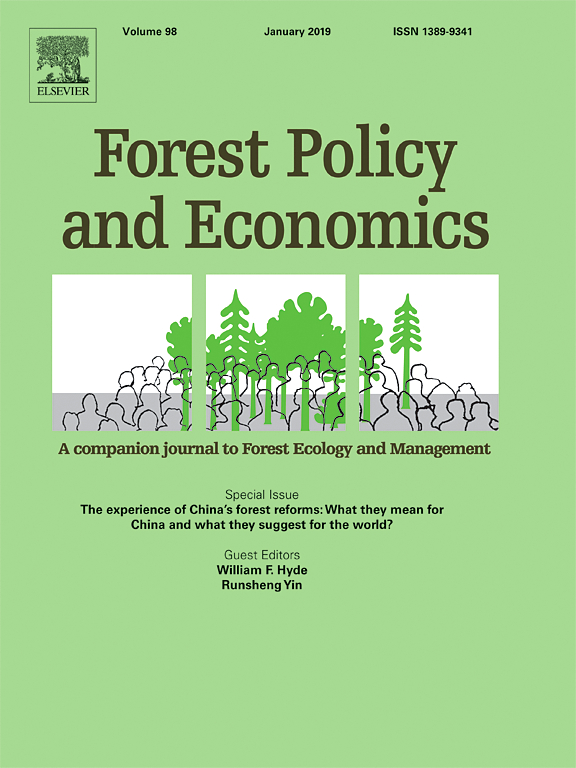In the discourses on who should benefit from national REDD+ implementation, rights-based approaches are prominent across various countries. Options on how to create viable property rights arrangements are currently being debated by scholars, policy makers and practitioners alike. Many REDD+ advocates argue that assigning carbon rights represents a solution to insecure individual and community property rights. But carbon rights, i.e., the bundle of legal rights to carbon sequestered in biomass, present their own set of theoretical and practical challenges. We assess the status and approaches chosen in emerging carbon-rights legislations in five REDD+ countries based on a literature review and country expert knowledge: Peru, Brazil, Cameroon, Vietnam and Indonesia. We find that most countries assessed have not yet made final decisions as to the type of benefit sharing mechanisms they intend to implement and that there is a lack of clarity about who owns rights to carbon as a property and who is entitled to receive benefits. However, there is a trend of linking carbon rights to land rights. As such, the technical and also political challenges that land tenure clarification has faced over the past decades will still need to be addressed in the context of carbon rights.
Download:
DOI:
https://doi.org/10.3390/f6041031
Pontuação Altmetric:
Dimensões Contagem de citações:

Ano de publicação
2015
Autores
Loft, L.; Ravikumar, A.; Gebara, M.F.; Pham, T.T.; Resosudarmo. I.A.P.; Assembe-Mvondo, S.; Tovar, J.G.; Mwangi, E.; Andersson, K.
Idioma
English
Palavras-chave
carbon, land tenure, deforestation, degradation, environmental degradation, carbon sequestration, deforestation, legal rights, project implementation


















